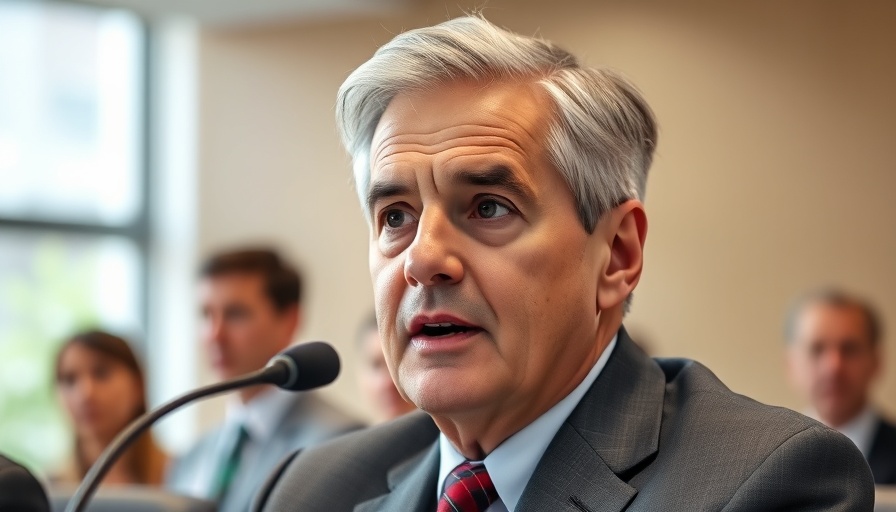
Unraveling the COVID-19 Controversy
The COVID-19 pandemic has not only changed how we think about health but also how we perceive authority and governance in public health. At the forefront of the discourse are the so-called "contrarians," like Stanford professor Jay Bhattacharya, who have challenged the prevailing narratives during the pandemic. As these figures gain influence, it raises an imperative question: Were they right?
Contrarians Take the Stage: A Shift in Power Dynamics
With the recent nomination of Jay Bhattacharya to lead the National Institutes of Health (NIH) and Marty Makary to head the Food and Drug Administration (FDA), the “contrarians” are transitioning from critics to policymakers. This shift symbolizes a growing acceptance of alternative viewpoints in a space traditionally dominated by established public health policies.
Yet, this transition is not without its critics. While Bhattacharya advocates a less stringent approach, he and his allies face backlash from public health authorities who regard their methods as reckless. This polarization has stunted any comprehensive discussions about the efficacy of various pandemic management strategies.
Debating the Effectiveness of COVID Policies
According to critics like Philip Zelikow, a Stanford scholar, the pandemic has degenerated into a “culture war” rather than a discourse grounded in science. On one end, proponents for stringent lockdowns argue for the primacy of public health and science, while the contrarians emphasize liberty and economic vitality. This dichotomy complicates the quest for effective pandemic policy. Political scientist Frances Lee notes the need for a thorough national inquiry into successful and unsuccessful approaches taken during the pandemic.
Why An Independent Inquiry is Crucial
The need for an independent inquiry into pandemic responses is accepted by various experts. Jennifer Nuzzo from Brown University's Pandemic Center suggests that beyond ideological disagreements, numerous inefficiencies in government protocols could be addressed. Learning from past mistakes can potentially enhance preparedness for future public health crises.
Amid potential future pandemics, like the looming H5N1 threat, the current U.S. public health framework seems to erode, demonstrating a need for significant adaptations in leadership and policy. Bhattacharya's call for extensive studies on pandemic responses could illuminate paths for improvement.
The Fallout of Public Mistrust
Public trust in health authorities has considerably dwindled post-pandemic, recovering from government inefficacies and mishandling of public messaging. Former NIH Director Francis Collins admitted that trust was lost due to public health officials failing to appreciate the profound economic and social ramifications of lockdowns.
Moreover, as the narratives evolve, the criticism directed toward public health officials continues, raising critical questions about the balance between pandemic control and civil liberties. This dynamic becomes even more complex with the politicization of mandates and masking, where social stigma often divided even family units.
How We Move Forward: A Call for Reflection
Stanford epidemiologist John Ioannidis posits that moving forward requires a calm, rational reflection devoid of retaliation—a sentiment echoed by various public health experts grappling with the consequences of COVID-19 policies. As we dissect the pandemic's lessons, we must prioritize effective communication and transparency in health recommendations.
Ultimately, whether through Bhattacharya's leadership at the NIH or broader public discourse, the ongoing exploration into the pandemic’s missteps offers considerable opportunities for growth in the health sector.
Conclusion: Embracing a Holistic Review of the Pandemic
The polarizing views surrounding COVID-19 management reveal a fundamental divide in how society understands public health and policy efficacy. As we seek ways to navigate the intricate legacy of the pandemic, engaging in open, informed, and respectful dialogue is paramount. Leaders in health and government must work collaboratively, envisioning a future where both economic vitality and public health can coexist harmoniously.
 Add Row
Add Row  Add
Add 




Write A Comment